They're huge, hungry, and there's more of them than ever.
But saltwater crocodiles are still a protected species, even as deadly attacks on people continue to mount.
Two crocodiles were killed earlier this year after a fisherman disappeared in north Queensland. One had human remains inside.
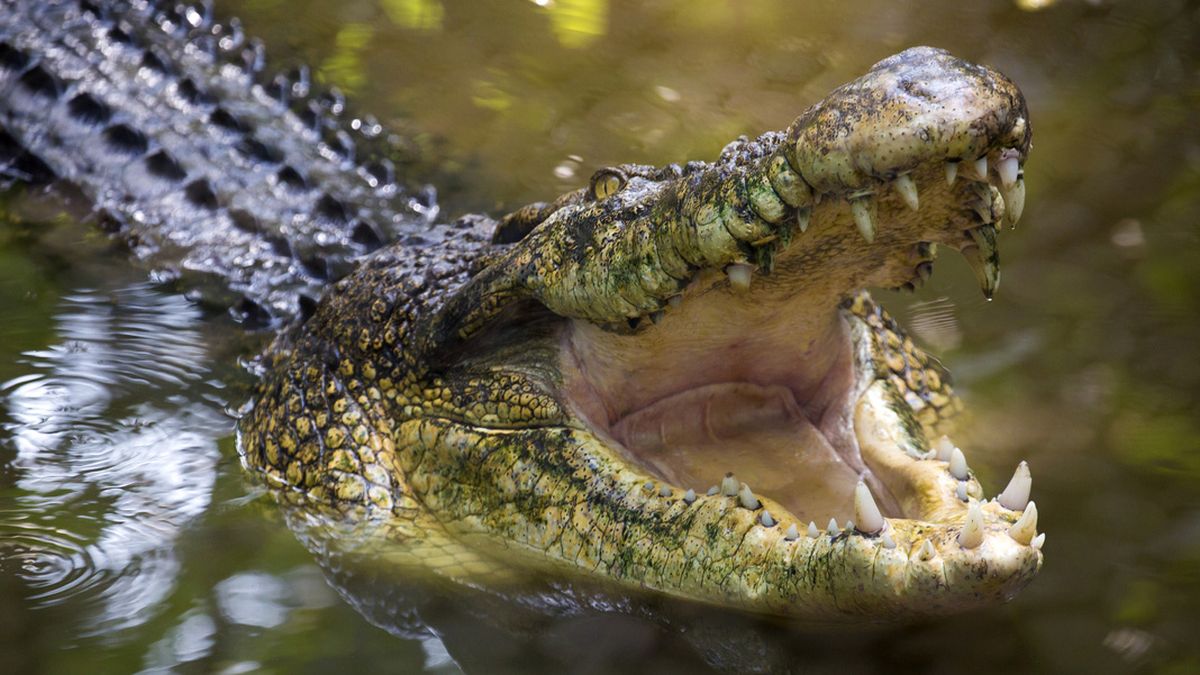
Another man had to prise a croc's jaws off his head at Lake Placid recreation park in January.
And crocodile catchers say their job is only getting busier, especially after the wet start to the year, which drove the big salties closer to human habitation.
A difficult problem
Saltwater crocodiles were hunted close to extinction before they were declared a protected species in the 1970s.
It's estimated as few as 3000 were left in the Northern Territory when hunting was bad – but in the decades since, numbers have boomed.
Exact populations are unknown but it's estimated the NT waterways are now home to about 100,000 salties. It's thought this approaches pre-European colonisation numbers, but the lack of comparable data makes such speculation difficult.
Though it's often hailed as a triumph of conservation, one of Australia's most high-profile advocates for the modification of protection laws said the population boom is the result of an unbalanced ecosystem.
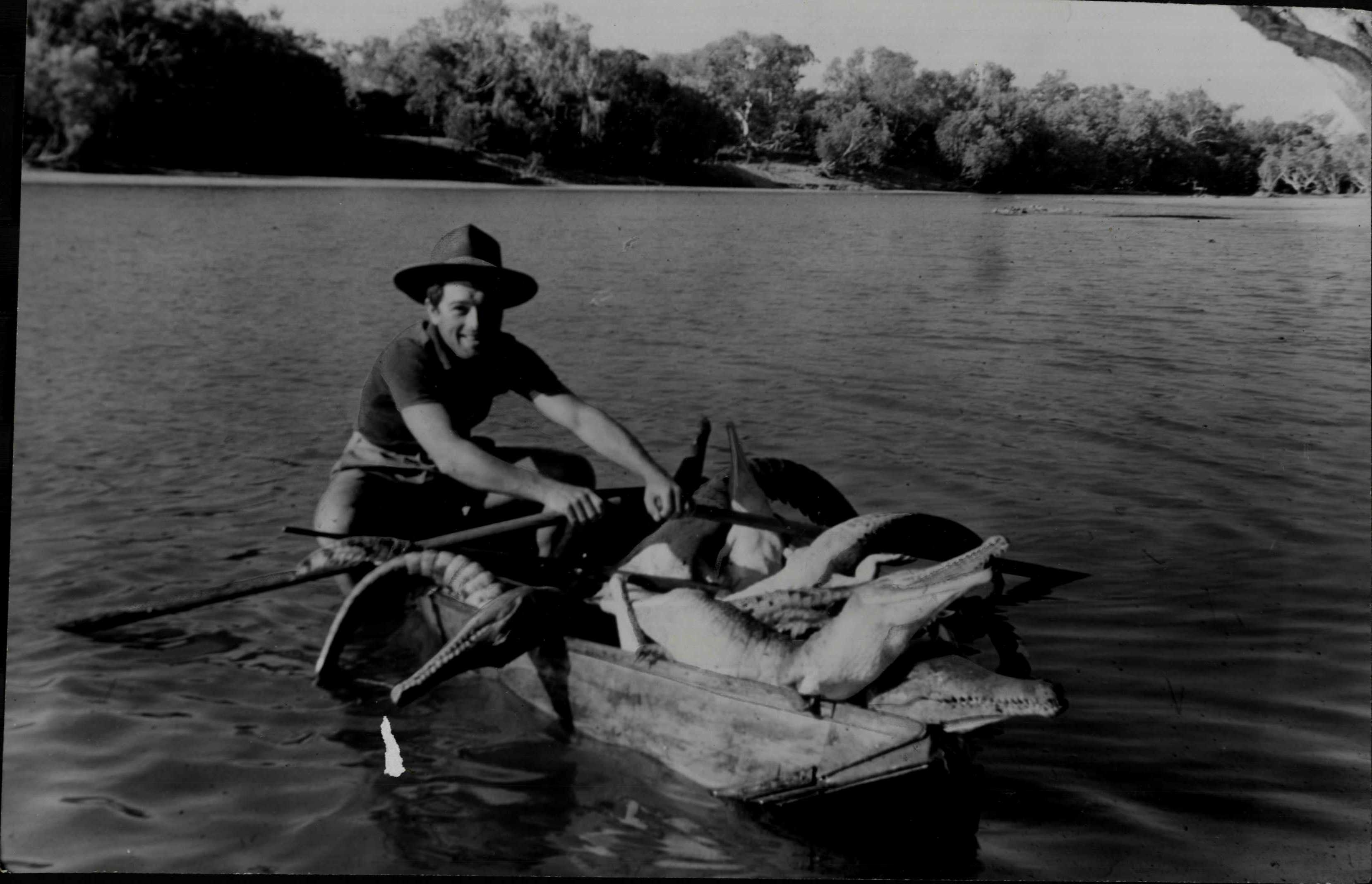
"The biggest factor of all was the removal of the king predator – homo sapiens," Kennedy MP and Katter's Australian Party head Bob Katter told nine.com.au.
"If you start interfering with nature, you better know what you're doing."
In past centuries, Mr Katter said, a clutch of crocodile eggs provided welcome sustenance to a family, which helped keep numbers down.
READ MORE: Epic crocodile battle caught on camera
And along with the banning of traditional hunting and gathering which had sustained First Australians for thousands of years, he said, there was another, overriding concern.
"I don't think allowing animals to tear us apart is the act of a civilised people," he said.
"It's not just about crocodiles – it's about the sanctity of human life.
"Take that away and we're back to the jungle. That suits me, I'm a barbarian, but it's not where we want to go as a people."
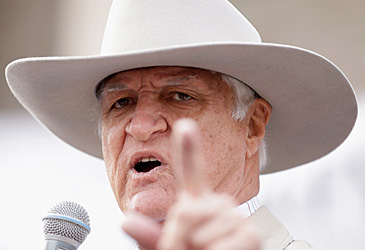
Mr Katter said where human lives were in danger, acts to protect those lives should override other laws and regulations.
"If there's a croc in a creek where my kids swim and fish, sorry, we were here first," he said.
"Lake Placid used to be where kids went to swim, it was a playground for Cairns. But now, you'd only do it if you're mad."
READ MORE: Monster crocodile caught in Darwin harbour
Legislators in the city, far removed from crocodile habitats, he said, did not understand the centrality of the creeks and rivers to north Queensland communities.
"If you go north of Townsville, every 200 metres there's a waterway," he said.
"We don't have fun parks, water parks, all that. Our fun was going down to the creek, and you've taken that from us."
The nippers are getting bigger
Charles Darwin University lecturer Dr Keller Kopf is beginning a study this year on the high density of crocodiles in waterways.
The aim, he said, is to study how much food the increasing population of saltwater crocodiles requires.
"As crocodiles change in size, their diet changes – from insects, to fish, to mammals and larger animals," he said.
And speaking of size, Dr Kopf said, an interesting change was taking place among crocodile populations.
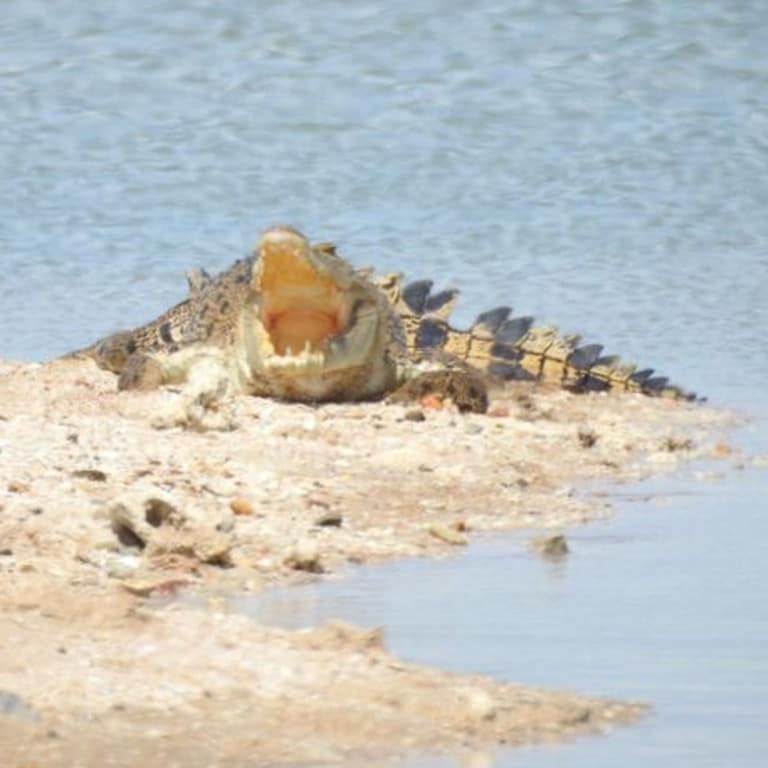
"The data so far shows populations in most waterways continues to increase, but that increase is slowing down," he said.
"But biomass is increasing quite dramatically."
In other words – crocodiles are getting bigger.
"They're long lived animals, they live for more than 50 years, up to 100 years, and they'll keep growing," Dr Kopf said.
READ MORE: Massive croc shocks anglers after surfacing on Queensland beach
But he was adamant growing numbers posed no threat to the ecosystem.
"There's no potential for an overabundance in a crocodile population," he said.
"A higher biomass is good for ecosystems."
He said there was no need to lift protections on crocodiles to curb a threat to humans.
"There are already extensive trapping and removal programs, and that approach appears to work quite well," he said.
In croc country
The federal government's oversight of things crocodilian is essentially limited to the regulated export trade, though in 2014, then-Environment Minister Greg Hunt shot down a proposal to introduce safari hunting licences.
The Northern Territory government admits that balancing crocodile protection and human welfare can be "difficult and contentious".
"Crocodiles are able to blend into their surroundings. They are also able to move over extremely large distances on land and water," the government's Be CrocWise advice states.
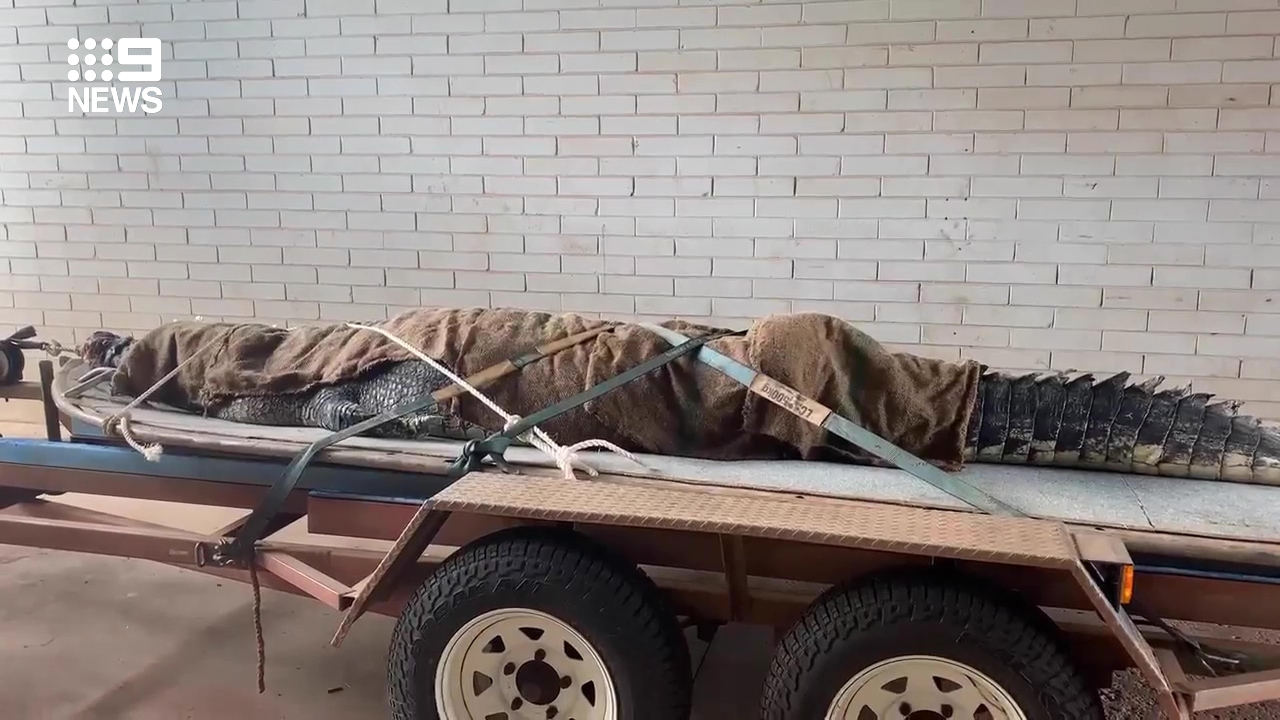
"This means that culling or removal will never guarantee that any area within the likely range of the saltwater crocodile is 'crocodile-free'. Removing one crocodile may simply create more space for the other crocodiles that already live there or allow new crocodiles to move into the newly vacated area."
For now, it seems the standing solution for the crocodile issue is for people to accept that when in croc country, they might not be the top of the food chain.
"It is always safer to assume that a crocodile is present and to take precautions by not swimming or wading, and adopting safe fishing and safe boating practices," the NT government says.
from 9News https://ift.tt/31sesHg
via IFTTT



0 Comments